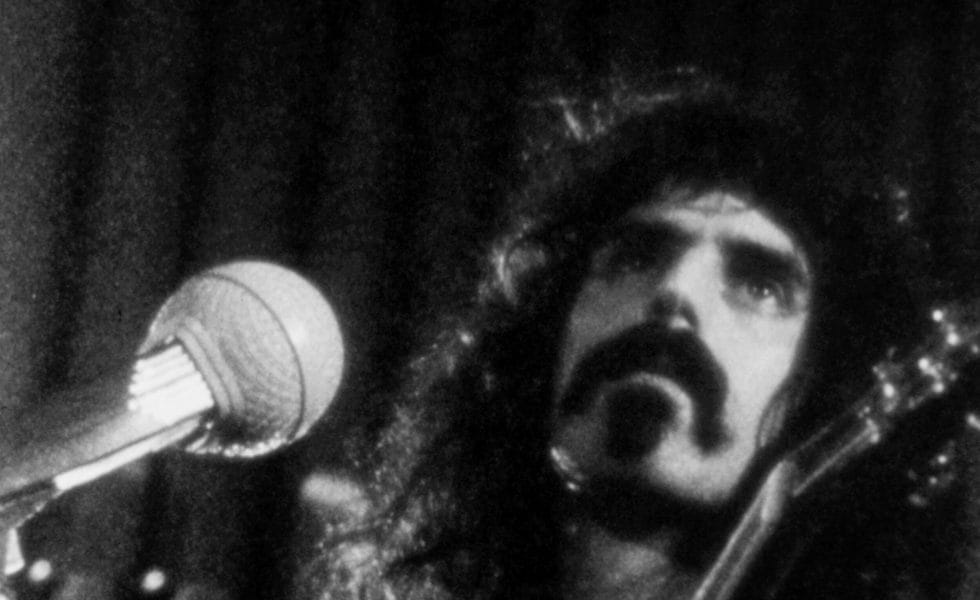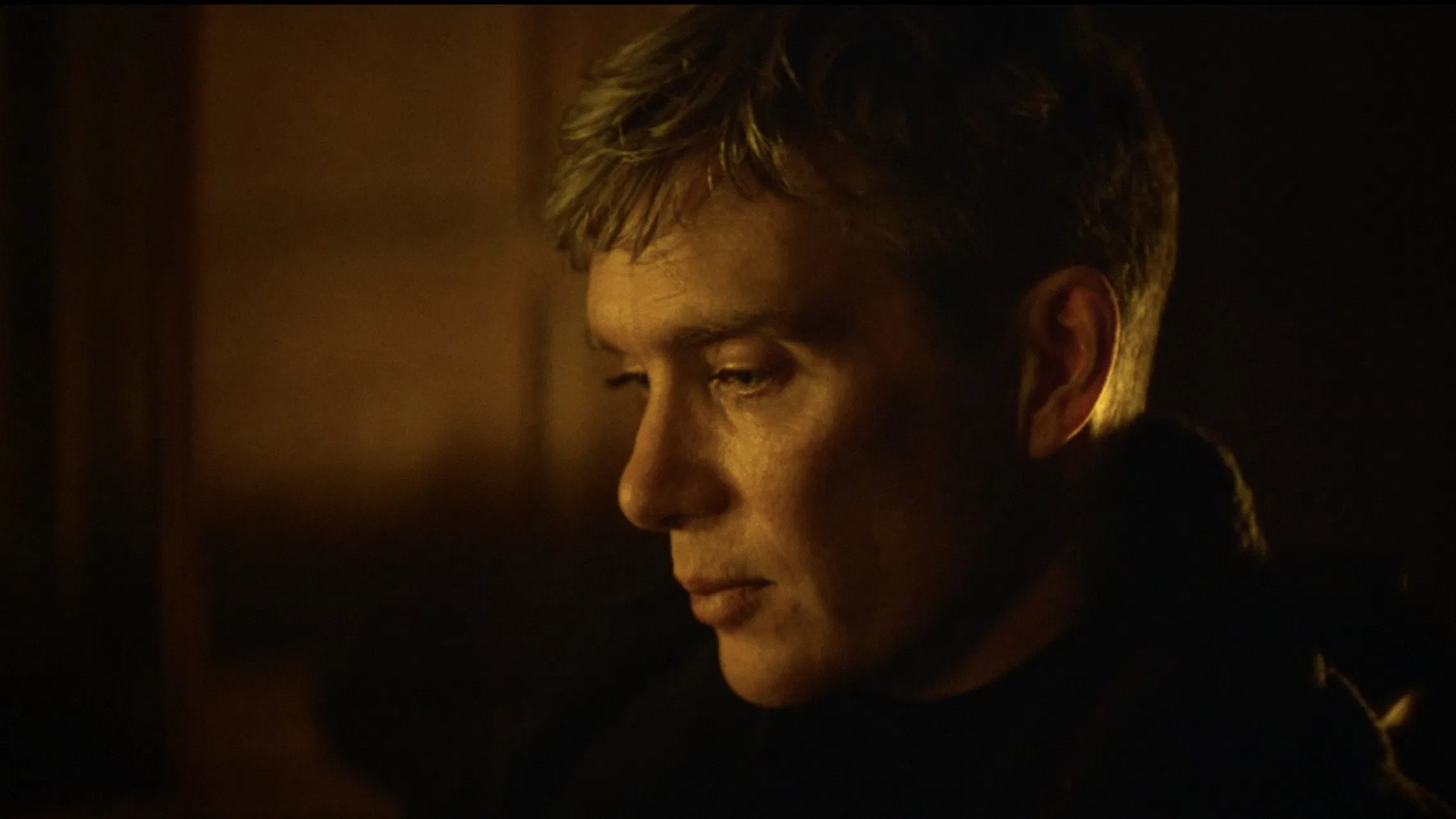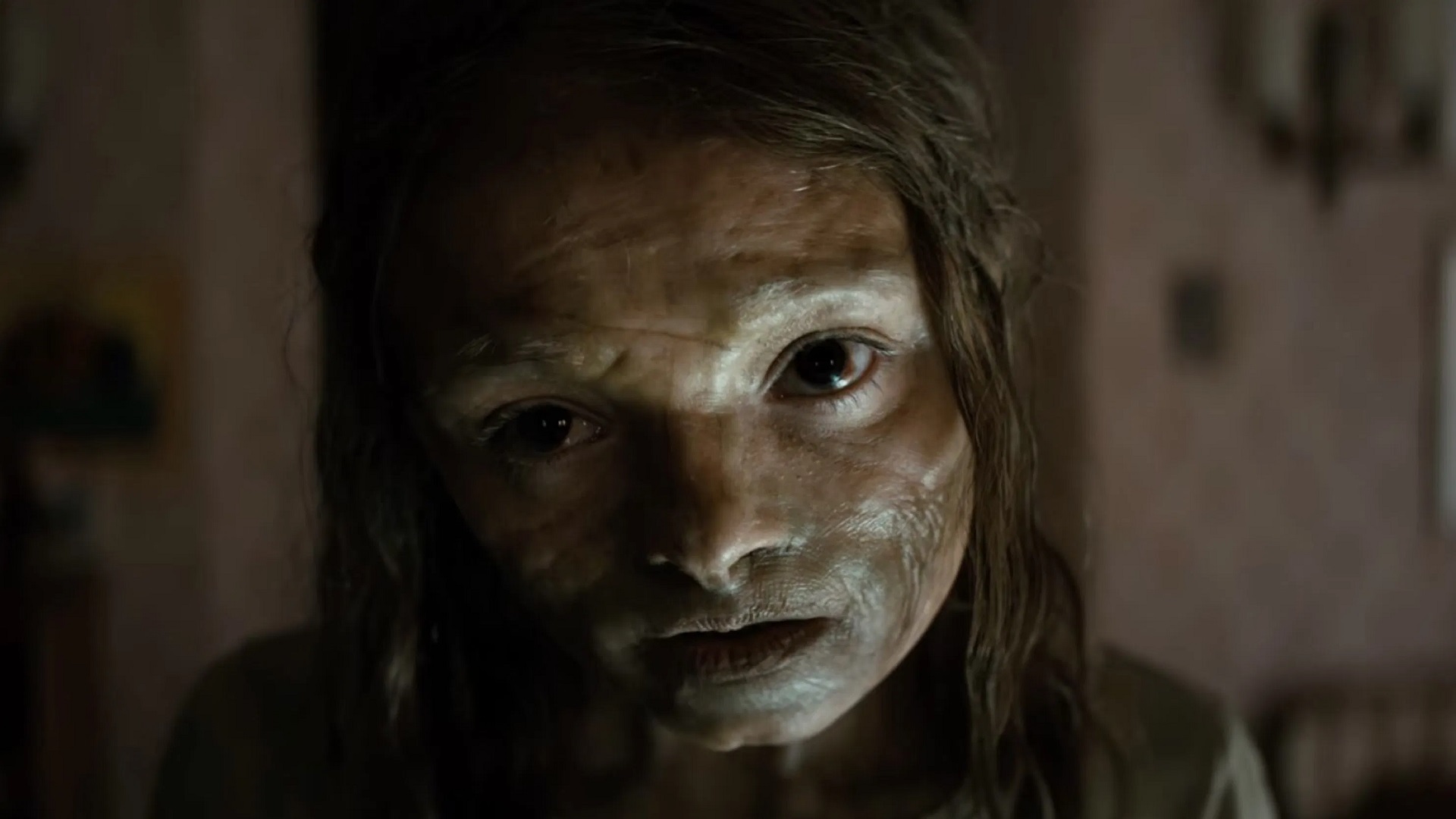“Legendary” is an adjective that gets thrown around a lot, often without too much justification. So too is “visionary”, come to think of it. But Frank Zappa was both: insanely talented, intimidatingly intelligent and incorrigibly iconoclastic, he was a towering figure in modern music prior to his death in 1993 at the age of 52. Death barely slowed down his output; posthumous releases of his prolific recordings overtook his lifetime discography a while back.
Which is one reason Zappa can be difficult to approach for the layperson. Where do you even begin? Another reason is that, for all that Zappa was a vital part of the pop culture during his career, especially during his ‘60s and ‘70s heyday (Freak Out! to Joe’s Garage, say), he never seemed too interested in cultivating an audience, content instead to follow his own weird muse down whatever path it took him. Indeed, his music is often confrontational, even downright antagonistic, to the listener. If you didn’t get it, he was not going to bother to explain it to you. If you balked at either the crudity of his humour (see: the scatological ‘Broken Hearts Are For Assholes’); the jarring changes in tone, time signature, and musical genre; or even the insidious sibilance of the Central Scrutinizer, that was your problem. The joke was never explained.
It did get a lot of footnotes, though, and the latest and most detailed is the new documentary Zappa, directed by Alex Winter (yes, Bill S. Preston, Esquire himself, a fine filmmaker). The chief advantage that Winter’s film has over previous biographical accounts is that it was made, over the course of six partially-fan-funded years, with the full cooperation of the Zappa Family Trust. That means we get some incredibly rare and fascinating stuff from the vault: live footage, vintage interviews, candid home movies – you know the drill. Winter carefully arranges these in tandem with fresh interview material to create as complete a screen portrait of Zappa, artist and man, as has been yet created.
Straight out of the gate we’re challenged to get our brains around Zappa’s seemingly contradictory image and impact with footage of him playing live in Prague to celebrate the Soviet withdrawal from the future Czech Republic (Vaclav Havel was an avowed fan), advising the throng to “Keep it unique”. Here was a long-haired hippie weirdo with a cultural and political footprint of global proportions. That’s not the only seeming incongruity in the mix. Like Whitman, Zappa was vast; he contained multitudes. He was a maniacally driven workaholic, personally anti-drugs but staunchly pro-legalisation, a freedom-loving semi drop-out and a confirmed capitalist, and a rebel seemingly hell bent on poking every bear and slaughtering every sacred cow in sight.
Winter of course does right by the required biographical facts, which are almost always the most boring element of this kind of exercise (seriously, that’s what Wikipedia is for), but excels in capturing the essence of Zappa, an arch satirist masquerading as rock star, a man who saw his fame and fans as a necessary evil that enabled his true interest in experimental orchestral composition. Cleverly and crucially, the film falls short of being a hagiographic puff piece; Zappa clearly always thought he was the smartest guy in the room (and he was often right), and that arrogance comes through. Still, when you see things like the cheap sketches he was forced to participate in for his 1978 appearance on Saturday Night Live, you understand his frustration; even the premiere popular satirists of the time didn’t seem to be able to pick up what he was putting down. Compare how Belushi and co. treat Zappa with his sober, articulate appearance at the Parents Music Resource Centre Congressional hearings a few years later, where he spoke against warning labels on CDs.
The film makes no bones about Zappa’s musical prowess, though, with a laundry list of contemporaries and collaborators (Steve Vai, Alice Cooper, Pamela Des Barres) showing up to sing his praises and throw around the term “genius”. The thing is, Zappa almost certainly was a genius, and Winter makes sure we recognise that his talent came at a cost to both himself, his loved ones, and his colleagues, with Zappa ignoring his family, overworking his bandmates, and generally disappearing into himself in search of his sound. The fact that the eventual results tended to divide listens isn’t beside the point, it is, the point – real innovation is often too radical a shift for rank and file audiences, and it’s only down the track when innovations have been co-opted into the mainstream that we bother to trace them back to root causes and tip our caps to the real pioneers. Zappa the film goes a long way to that end, and while the jury is still out on whether this will earn him any new acolytes, any viewer will come away with a fresh understanding of his life, aims, art, and context.











